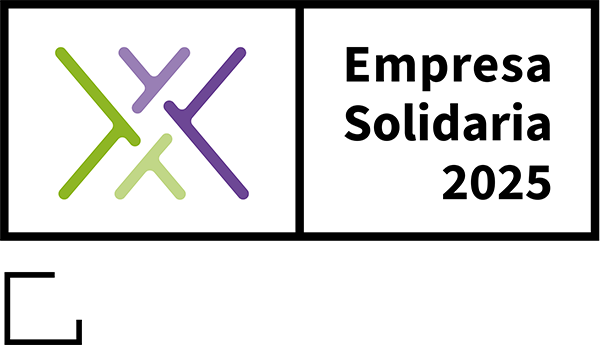In September 2015, the United Nations adopted the 2030 Agenda for Sustainable Development, a global action plan that aims to eradicate poverty, protect the planet and ensure prosperity for all. A key element of this agenda is the 17 Sustainable Development Goals (SDGs), which address different social, economic and environmental challenges our world is facing.
In this context, both the hospitality and tourism sectors play a key role in implementing the SDGs, as these sectors are closely linked to the environment and have a significant impact on it.
Respecting natural resources
One of the main goals of the 2030 Agenda is to ensure sustainable management of natural resources. In tourism, this means promoting responsible practices that minimise resource use, reduce waste generation and preserve biodiversity. Hotel companies and tourist destinations can contribute to this goal by implementing environmental management policies, using renewable energy and adopting sustainable tourism practices.
Our hotel complies with the highest environmental and quality standards. We do this through responsible and sustainable management. Some of our actions include saving water through our own supply network and desalination plant, selecting and separating waste to facilitate recycling, saving energy through solar panels and using treated water to irrigate our gardens.
Sustainable production and consumption
Of particular note is the SDG related to sustainable production and consumption. In the hospitality and tourism sector, this means encouraging responsible business practices that minimise resource consumption, reduce waste generation and promote local sourcing and sustainable products. In addition, environmental awareness can be raised among tourists, educating them about the importance of responsible and sustainable travel.
At our hotel we strive every day to follow environmental management measures. Our facilities rely on ecological agriculture with our Eco Finca. The plantations are designed to make maximum use of natural resources. Our restaurants offer vegan and vegetarian alternatives. The ingredients are free of chemicals, colourings and preservatives, and we collect our products from our Eco Finca or buy them from local producers, respecting the “kilometre 0” production.
Climate action
SDG 13 focuses on climate action and the need to reduce greenhouse gas emissions. The hospitality and tourism sector has a dual responsibility in this regard. On the one hand, it must work to reduce its own carbon footprint by implementing energy efficiency practices, using renewable energy and adapting its facilities and operations to sustainability standards. On the other hand, it should promote low-carbon tourism, encouraging tourists to participate in activities that minimise their environmental impact.
At our hotel, we have been reducing our carbon footprint considerably since 2014. This tool allows us to calculate the impact that our activity generates on the environment, we measure consumption and determine CO2 emissions into the atmosphere. We are currently registered in the Carbon Footprint at the Spanish Climate Change Office.
Implementing the Sustainable Development Goals in the hospitality and tourism sector is essential to ensure a sustainable future. By adopting responsible practices that minimise impact on the environment, promote gender equality, encourage sustainable production and consumption and support climate action, this sector can actively contribute to achieving the SDGs and building a fairer and more sustainable world for all. It is everyone’s responsibility to work together towards these goals and to ensure a better future for generations to come. Join these sustainable practices!

